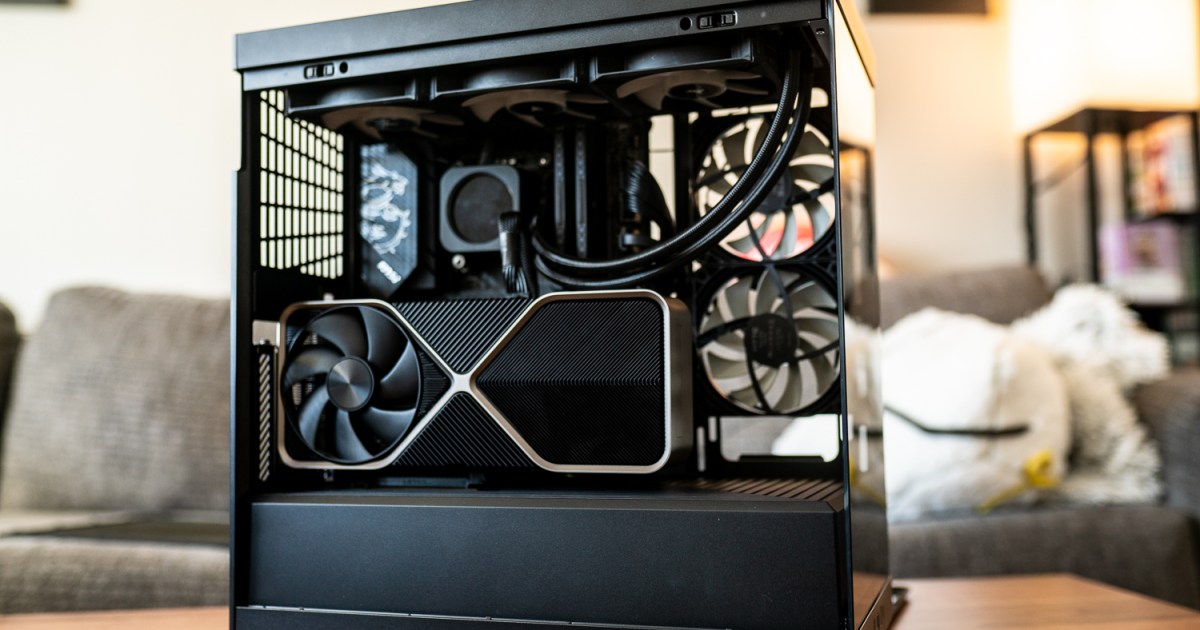People are generally skeptical of customer service chatbots, and many outright despise them. In a recent Gartner survey, 64% of consumers said that they’d prefer companies didn’t use AI of any kind — including chatbots — in their customer service. Fifty-three percent went so far as to say they’d weigh switching to a rival if a company considered replacing its human agents with AI.
Alex Levin, a former product manager at Thomson Reuters and the ex-SVP of growth at Handy, believes most people hate chatbots because they’ve had bad experiences in the past.
“Contact center teams are often given only cost-reduction goals, forcing them to move to low-quality deflection or terrible deterministic bots,” he told TechCrunch. ” At Handy, I was continuously frustrated by legacy contact center software, most of which was created before the cloud even existed and required an army of developers and IT admins to maintain.”
Levin felt chatbots could deliver compelling experiences, however, when powered by the right mix of technologies. So he teamed up with Rebecca Greene, who he met at Handy where she was chief product officer, to start Regal, which builds AI-powered contact center solutions.
“As operators, we wanted to move fast, make quick changes, do A/B tests, and operate the contact center the way we saw our colleagues doing in marketing and product,” Levin said.
 Image Credits:Regal
Image Credits:RegalRegal offers phone- and text-based chatbots that can field common customer service requests. The chatbots can handle things like interruptions without breaking the flow of a conversation, and adjust their verbiage depending on a customer’s sentiment (e.g., apologizing if a customer is upset).
Brands can customize the language Regal’s chatbots use, set guardrails, and have the chatbots pull in data like a customer’s birthday, name and conversation history to make chats more engaging.
Regal’s chatbots can also take certain actions — acting as “AI agents,” if you will. For example, the chatbots can send out text or email follow-ups, schedule next-step calls, and transfer to a human agent if the conversation needs to be escalated.
With the market for call center AI bots expected to be worth over $10 billion by 2032, it’s not entirely surprising that Regal has plenty of competition. Got It AI is developing a “fully autonomous” contact center; Cognigy provides a platform to build call center workflow automations; and OpenAI chairman Bret Taylor’s Sierra is focusing on chatbots for customer service functions.
Levin says he’s pleased with Regal’s growth so far, though.
“Millions of people worldwide engage with their favorite brands — like Google, Kin, Toyota, AAA, and Ro — monthly through Regal,” he said. “We believe that 10 years from now, most contact center interactions will be autonomous. So we’re all in.”
Regal claims to have hundreds of customers, and it this month closed a $40 million investment round from Emergence Capital, Founder Collective, Homebrew. The round brings Regal’s total raised to $83 million, and will be used for product development and growing Regal’s 100-person, New York-based team.




















 English (US) ·
English (US) ·